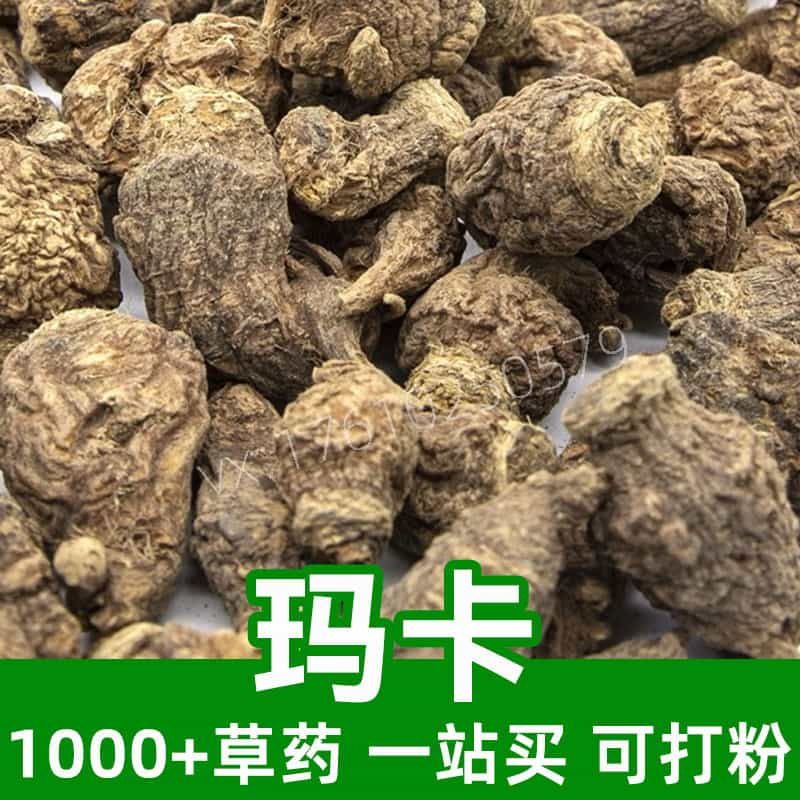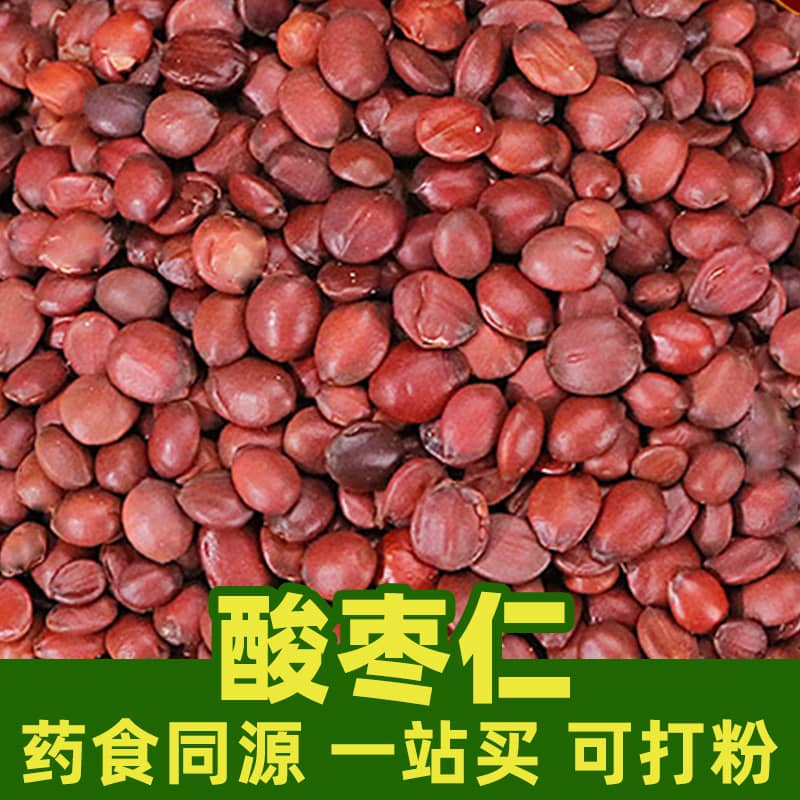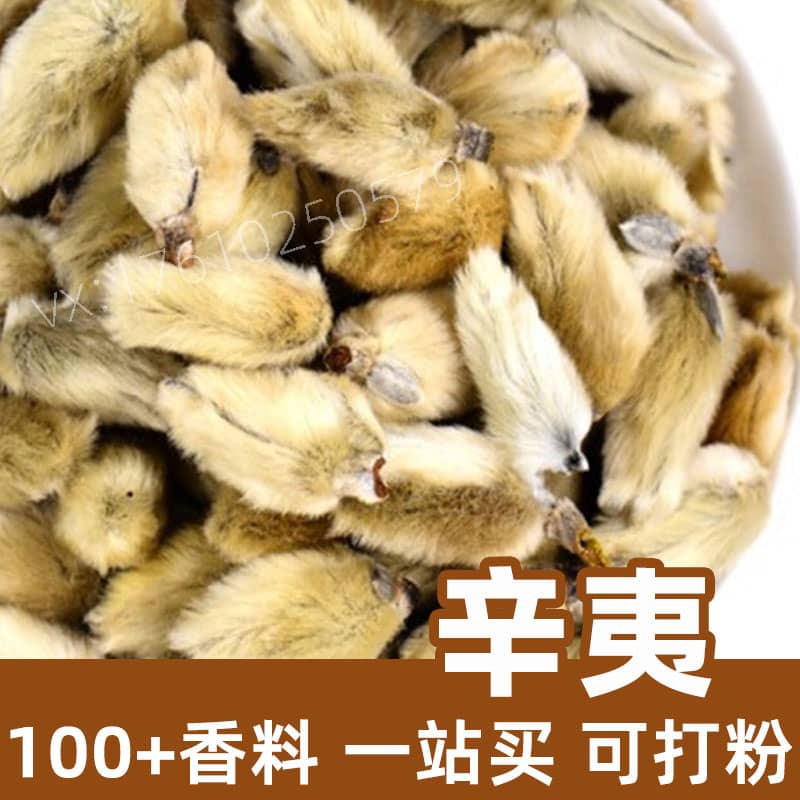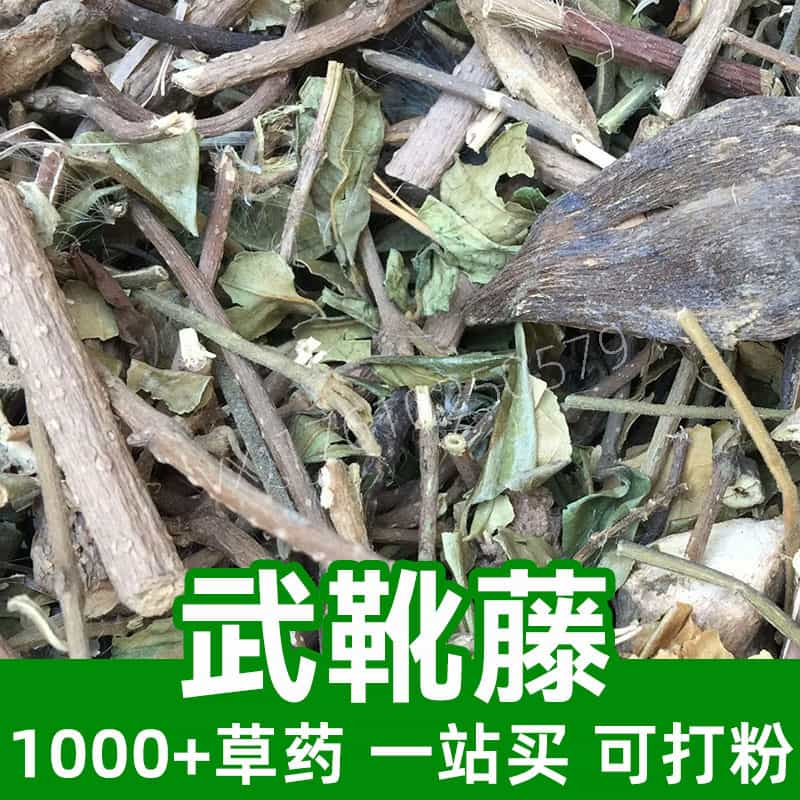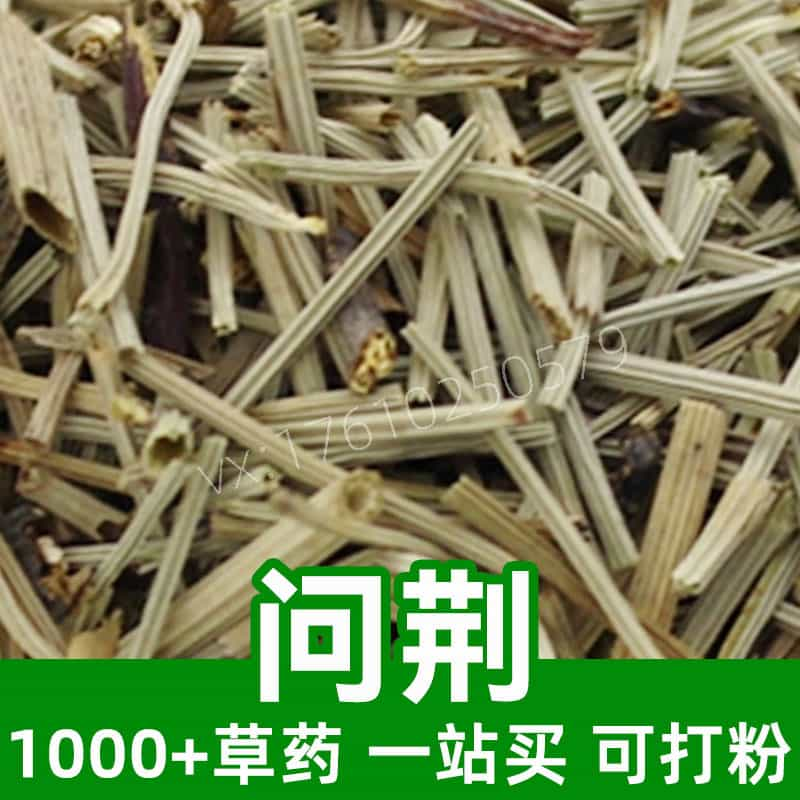Gecko Product Overview
Gecko, also known as clam shell or gecko shell, is a common mollusk. Its primary components include various minerals, proteins, calcium carbonate, and calcium silicate. Geckos are mainly found in coastal marine areas and freshwater lakes. In traditional Chinese medicine, they are widely used for clearing heat, detoxifying, softening masses, and promoting diuresis and jaundice relief. Additionally, geckos are often used as an ingredient or additive in seafood dishes and medicinal foods.
Gecko Key Active Ingredients
The main active ingredients of gecko include minerals, proteins, calcium carbonate, and calcium silicate. Calcium carbonate and calcium silicate are the primary chemical constituents.
Gecko minerals include trace elements such as calcium, magnesium, zinc, and iron, which play vital roles in human health. Geckos are also rich in amino acids and proteins, offering significant nutritional value.
These components give geckos a range of effects:
- Clearing Heat and Detoxifying: Useful for treating fever and throat inflammation.
- Softening Masses: Helps treat breast hyperplasia and lymph node enlargement.
- Promoting Diuresis and Jaundice Relief: Provides relief for edema and jaundice symptoms.
From a chemical perspective, calcium carbonate is the main component of the gecko shell, supporting bone and tooth strength. Calcium silicate aids in wound healing and enhances ligament and joint health.
In summary, geckos are rich in nutrients like minerals and proteins, offering multiple therapeutic effects, especially in traditional Chinese medicine.
Gecko Applications and Dosage
Gecko is widely used in traditional medicine and the food industry for clearing heat, detoxifying, softening masses, and relieving jaundice. Below are its applications and recommended dosages:
1. Traditional Medicine Applications:
- Clearing Heat and Detoxifying: Treats fever and dry throat caused by heat-related conditions. Typical dosage is 15-30g, prepared as a decoction or infusion, taken 1-2 times daily.
- Softening Masses: Effective for conditions like breast hyperplasia and lymph node swelling. Dosage is 15-30g, decocted, and consumed 1-2 times daily.
- Promoting Diuresis and Jaundice Relief: Beneficial for edema and jaundice. Use the same dosage and preparation method.
2. Food Industry Applications:
- Culinary Ingredient: Gecko is used in cooking to enhance the flavor and nutritional value of dishes.
- Food Additive: Commonly used as a seasoning for soups, seafood noodles, and similar dishes.
Dosages should be adjusted based on individual conditions and medical advice. Always follow professional guidance to avoid adverse effects.
Gecko Source Plant Overview, Distribution, and Habitat
Scientific Name: *Gleditsia sinensis Lam.*, a plant from the legume family, also known as honey locust or South Lake acacia.
1. Source Plant Description:
- The main part used is the seed from the honey locust tree. Its fruit is a pod containing multiple seeds with a hard shell and kernels inside.
2. Distribution:
- Native to China, primarily found in provinces south of the Yangtze River, such as Hubei, Hunan, Jiangxi, Anhui, Fujian, Guangdong, Guangxi, and Zhejiang. Also distributed in Korea and Japan.
- Typically grows in low mountains and hilly areas at altitudes of 500-1500 meters.
3. Growth Environment:
- Prefers warm, humid climates with annual rainfall exceeding 800mm.
- Thrives in well-drained, fertile soil and adapts to both sunny and semi-shaded areas.
Gecko Harvesting, Processing, and Storage
Proper harvesting, processing, and storage are critical for preserving the medicinal value of geckos.
1. Harvesting:
- Harvest during late autumn to early winter when the fruit is ripe, turning yellow and starting to crack. Seeds are collected by gently shaking the tree.
2. Processing:
- Clean the harvested seeds to remove impurities and dirt, then dry or bake them to reduce moisture content, preventing mold and decay.
- Processed gecko seeds can be used whole, crushed, or ground into powder as needed.
3. Storage:
- Store seeds in a dry, ventilated location, away from sunlight and moisture.
- For long-term storage, keep seeds in sealed containers to protect against air and humidity, extending their shelf life.
4. Precautions:
- Keep away from heat sources to avoid combustion or spoilage.
- Check storage periodically for signs of mold or deterioration. Expired seeds should not be used.
Proper handling ensures the quality and effectiveness of gecko products.
Monica Sun is a seasoned expert in the natural raw materials industry, with over a decade of experience specializing in traditional Chinese medicinal herbs, spices, and fungi. She is skilled in the sourcing, processing, and application of these materials, emphasizing sustainability and innovation. Monica Sun has contributed to the development of high-quality natural raw materials that serve as essential components in functional foods, pharmaceuticals, and cosmetics, delivering tailored solutions to meet diverse market needs.








